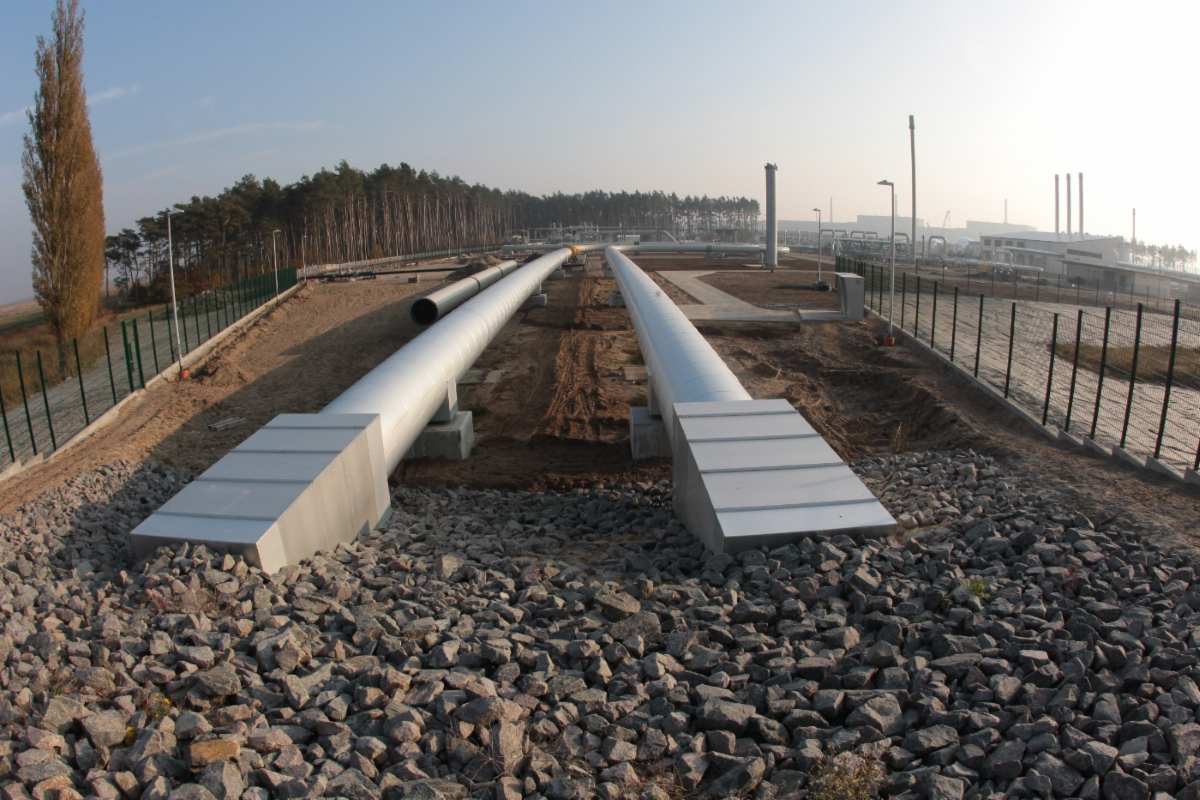Speaking to Die Zeit newspaper on May 25, the head of state Saxony, Mr. Michael Kretschmer - who is also the Vice President of the Christian Democratic Union (CDU) - frankly stated that the current "comprehensive confrontation" policy with Russia is not effective, but is instead pushing the German economy into crisis.
Nord Stream could be the door to open a dialogue with Russia, Mr. Kretschmer emphasized. If it does not change, it is Germany, not Russia, that will have to review the policy for the next 1-2 years.
According to Mr. Kretschmer, the German industry is suffering from sky-high energy costs, forcing many businesses to shift production activities abroad.
In the context of gas prices in Europe remaining high compared to before 2022, the Prime Minister said that returning to using Russian gas, at least at 20% of total supply, is "necessary for the German economy to operate normally".

The Prime Minister's argument was highly controversial, when it completely opposed the view of CDU Chairman and German Chancellor Friedrich Merz - who recently declared his support for a comprehensive ban on the reuse of Nord Stream and thwarted any efforts to resume energy trade with Russia.
Nord Stream 1 and Nord Stream 2 - each system of two large branches of the Baltic Sea pipeline - used to transport Russian gas directly to Germany, with a total capacity of 110 billion cubic meters per year.
Before the Ukraine conflict, Germany depended on 55% of its gas supplies from Russia. However, three of the four pipelines were destroyed in the Nord Stream undersea sabotage explosion in September 2022 - an unsolved incident, despite Russia repeatedly accusing Western intelligence of being behind it.
Since then, the Berlin government has avoided any public discussions about the possibility of restoring the pipelines, considering this a closed issue. But a new call from the Saxony government has heated up the issue again.
Michael Kretschmer is not the first German politician to speak out about the self-caused consequences of tough policies towards Russia, but he is a rare high-ranking figure to publicly propose a way out. With the argument that "no one wants to talk to a partner who only knows about embargoes" - he implicitly criticized the current approach as short-term, emotional and un strategic.
We need a positive approach for the benefit of Germany, he stressed.










